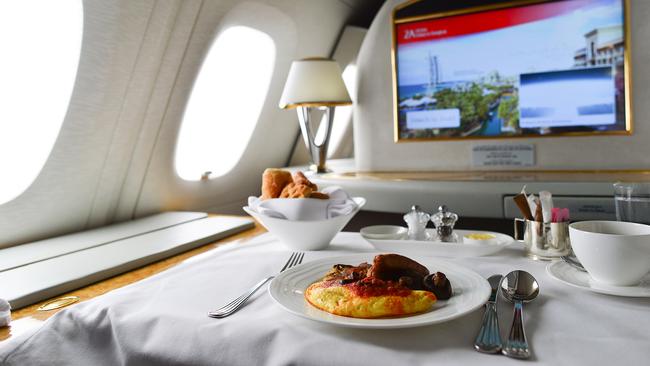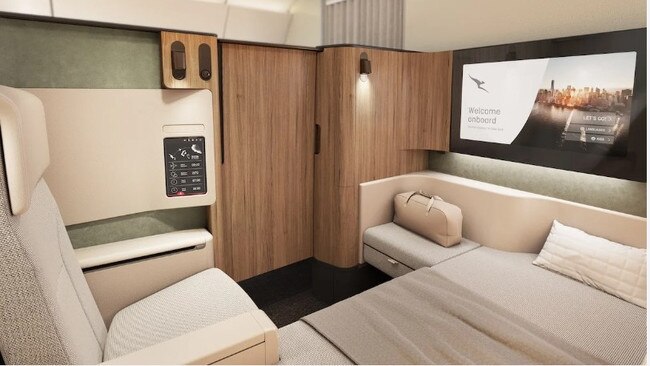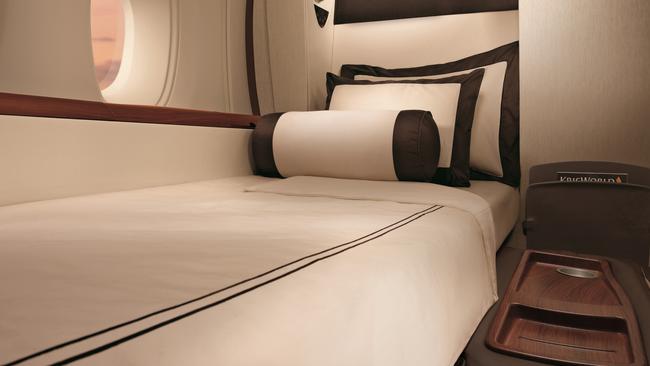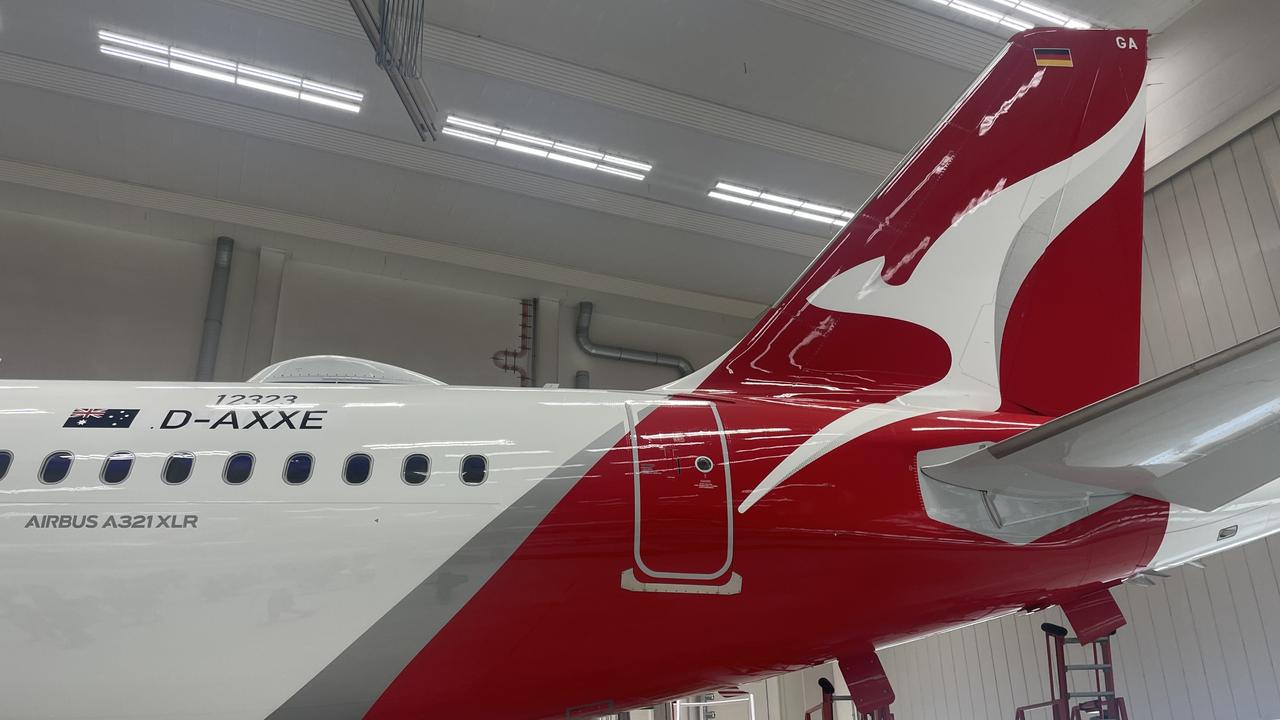Airlines’ rush to ditch first class ignores corporate travel demand
Despite some airlines ditching first class, corporate travellers are flocking to pay a premium for the best seats on the plane.

Airlines’ rush to ditch first class cabins could be premature with new data showing corporate travellers are more than happy to pay big money for the best seats on the plane.
Corporate Traveller figures for the six months to June 30, showed a 107 per cent jump in first class bookings compared to the second half of 2022.
Demand for business class also climbed a healthy 26 per cent, while bookings for premium economy and economy fell 41 per cent and 20 per cent respectively.
The data appeared to defy widespread economy uncertainty with a J.P. Morgan survey showing 46 per cent of Australian business leaders expected a recession this year.
Corporate Traveller global managing director Tom Walley said while the results were surprising in the current climate, they demonstrated stability and signs of growth in Australian business.
“This data is certainly a positive for our small and medium enterprise (SME) sector — the backbone of our economy,” Mr Walley said.
“For many flying it’s not a luxury, it’s a necessity for business success and survival.”

The bookings also indicated the ongoing demand for first class, despite some airlines ditching the product as business class cabins became more luxurious.
American Airlines announced last year it would no longer offer first class on international flights from late-2024, joining Air New Zealand, Malaysia Airlines, LATAM and South African Airways.
Qatar Airways CEO Akbar Al Baker recently described first class as “pointless” and said the airline would not offer the cabin on its next generation of long-haul aircraft because the investment did not justify the returns.
Speaking at the International Air Transport Association AGM in Istanbul last month, Mr Al Baker said Qatar’s QSuites business class cabin already offered all the perks of first class.
The move could prove to be good news for the likes of Qantas, Emirates, Etihad, Singapore Airlines and Cathay Pacific which continued to sell first class seats on selected aircraft.
Other carriers offering a first class cabin on flights to Australia included Air China and British Airways.

In terms of fares, flying first class cost about 50 per cent more than a business class ticket, with passengers often entitled to a chauffeur service from their home or hotel, exclusive check-in and lounge access, extra space on board, more baggage allowance and better quality food, wine and amenity products.
On Emirates’ A380s, first class passengers were able to access a shower suite on board, while several airlines including Qantas offered complimentary spa treatments before flying.
Qantas’ new A350-1000s due for delivery in late-2026 would feature six first class suites each with a bed, recliner chair and privacy door plus an enormous television.
Mr Walley said the doubling in first class bookings this year showed businesses had room in their budgets to pay for luxury on their trips.
He said when corporate travel first restarted after borders reopened last year, premium cabin bookings were not as strong which “could be put down to a sense of trepidation”.
“Businesses were being more cautious with their choice of seat selection out of fear they would have to cancel last minute,” said Mr Walley.
“This makes the findings from the most recent set of data even more encouraging, particularly the huge rise in first class bookings.
“It shows just how far the SME sector and the travel industry have come in a year, with confidence bouncing back strongly.”







To join the conversation, please log in. Don't have an account? Register
Join the conversation, you are commenting as Logout